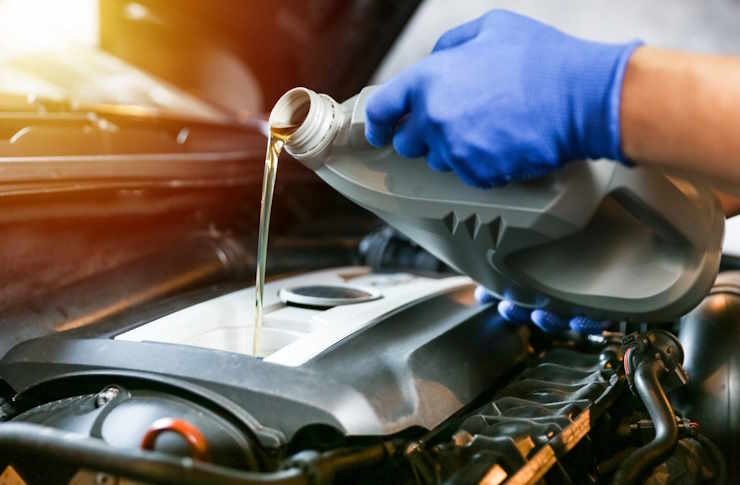Oil Change: What Vehicle Owners Should Know
Regular oil changes are a fundamental part of vehicle care that can extend engine life and preserve performance. Changing engine oil replaces contaminated fluid, removes debris, and restores proper lubrication. Whether you drive a commuter car, an older vehicle, or a high-mileage engine, understanding the basics of oil change intervals, oil types, and routine maintenance helps you make informed decisions about servicing in your area.

How does an oil change affect your car?
An oil change affects a car by renewing the lubricant that reduces friction between moving parts. Fresh oil improves fuel efficiency, helps maintain consistent engine temperatures, and reduces wear on bearings, pistons, and camshafts. Over time oil collects soot, acids, and microscopic metal particles; leaving degraded oil in the engine accelerates wear and can lead to sludge buildup that affects performance and reliability.
What role does oil play in engine health?
Engine oil lubricates, cools, and helps protect internal components. It forms a protective film between metal surfaces, carries away heat, and suspends contaminants that are removed by the oil filter. Additives in modern oils control oxidation, prevent corrosion, and maintain viscosity across temperature variations. Using the correct grade and quality of oil for your engine specification supports proper oil pressure and reduces the risk of premature component failure.
How often should you change oil for your vehicle?
Recommended oil change intervals vary by vehicle make, driving conditions, and oil type. Many newer vehicles use extended-interval synthetic oils and have manufacturer-recommended intervals that can exceed 7,500–10,000 miles, while older models or vehicles used for towing, frequent short trips, or heavy stop-and-go driving may need changes every 3,000–5,000 miles. Check your vehicle owner’s manual and consider local driving patterns when planning service with local services in your area.
What oil types suit modern cars and engines?
Common oil types include conventional, synthetic-blend, and full synthetic. Conventional oil is suitable for many older or low-mileage engines, while synthetic blends offer better protection under heat and stress. Full synthetic oil provides more stable viscosity across temperatures and superior protection for turbocharged or high-performance engines. Viscosities (e.g., 5W-30) and performance specifications (API, ACEA, or manufacturer standards) should match the vehicle’s requirements to ensure proper lubrication and warranty compliance.
How does oil change fit into vehicle maintenance?
An oil change is often performed alongside other routine maintenance tasks: replacing the oil filter, checking fluid levels (coolant, brake, transmission where applicable), inspecting belts and hoses, and examining air filters and tires. Regular oil changes create opportunities to detect leaks, unusual engine noises, or early signs of wear. Treating oil change service as part of scheduled maintenance helps maintain resale value and ensures ongoing engine reliability.
Conclusion
Oil changes are a repeatable, measurable maintenance action that directly supports engine longevity and day-to-day vehicle performance. Choosing the correct oil type and change interval depends on your car’s engine design, driving habits, and manufacturer guidance. Regular inspections performed during oil changes help catch small issues before they become costly repairs. Keeping a predictable oil change schedule aligned with your vehicle’s specifications and local service options contributes to a safer, more efficient driving experience.





